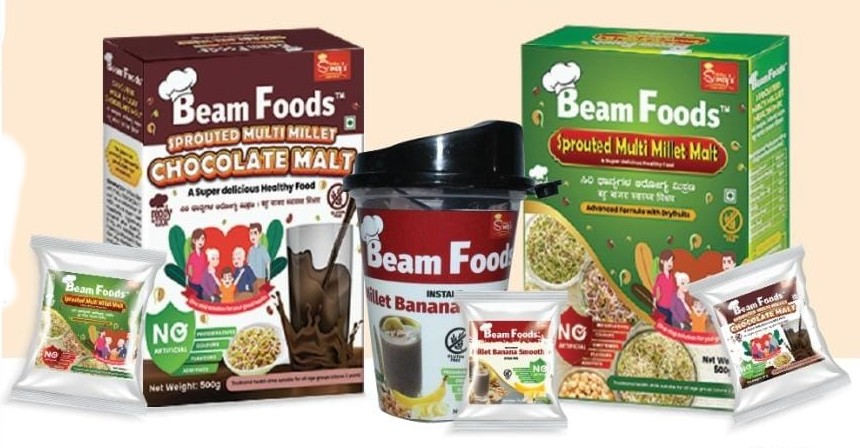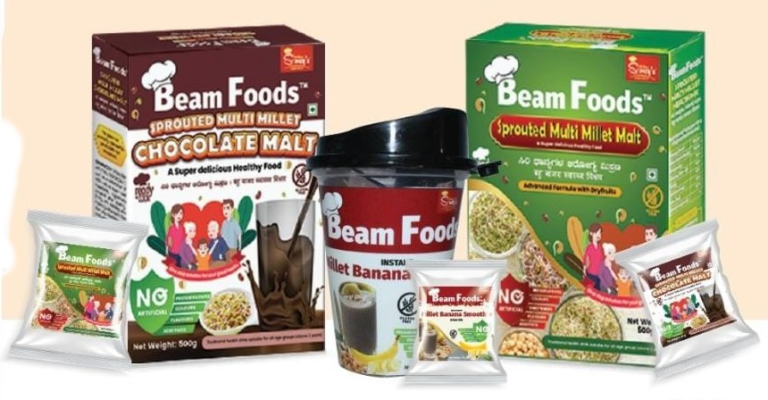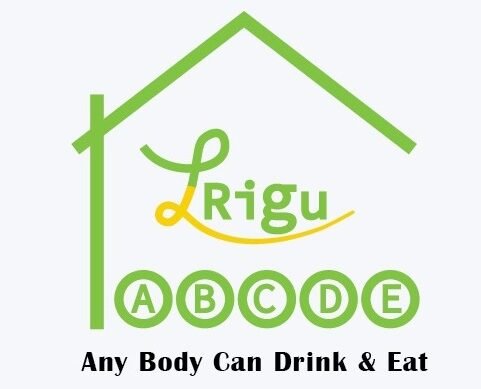Millets can add variety and depth of flavor to any meal, whether for breakfast porridge or savory pilafs.
Millets are easy to digest and packed with antioxidants that reduce free radicals that damage cells and lead to chronic diseases. Plus, their low glycemic index score makes them suitable for people living with diabetes.
Manage Obesity
Millet-based diets can help with weight management by offering low caloric intake and helping maintain an ideal BMI. In addition, these gluten-free foods contain important vitamins, minerals and proteins which make for an excellent complement in a nutritious balanced diet.
Millets are an excellent source of dietary fiber, which aids digestion by relieving bloating, cramping and constipation. Millets also contain powerful antioxidants like quercetin, curcumin and ellagic acid which detoxify your body while decreasing oxidative stress levels.
Recent research indicates that those with higher health-consciousness tend to embrace millet-rich diets more readily; yet despite this shift, many urban educated people still do not consume millets regularly due to lack of awareness, accessibility or affordability issues.
Manage Diabetes
Millets may help manage diabetes as these low glycemic index grains gradually digest and release glucose into the bloodstream over time, helping prevent sudden spikes after meals. According to one meta-analysis with over 1,000 participants from 65 small studies conducted since 2011, researchers discovered that regular consumption of millet reduced average fasting blood sugar by 12% and post meal blood sugar by 15%; it also significantly lowered average HbA1c levels by 17% among pre-diabetic individuals – enough for them to step back out of prediabetic territory and back into normal range!
An optimal gut microbiome is essential for people living with diabetes, as it can lower the risk of numerous health conditions associated with their condition such as heart disease and inflammation. Millets act as prebiotics by feeding good bacteria in the digestive tract that improve gut health.
Manage Blood Pressure
Studies have confirmed millets as an ideal way to control weight and cholesterol. Furthermore, millets provide ample fibre intake and anti-inflammatory benefits, with its phenolic compounds such as quercetin, ferulic acid and ellagic acid offering protection from oxidative stress.
Millets’ low glycemic index makes them an excellent food option for diabetics, according to studies that demonstrate how increasing consumption of millets can significantly lower blood sugar and cholesterol levels.
Studies from 2021 indicate that replacing wheat-based food sources with millets can significantly lower total cholesterol, LDL-C and triacylglycerol levels to normal. Furthermore, millets help manage hypertension, cardiovascular disease and other health conditions effectively by significantly lowering both systolic and diastolic blood pressure levels; it’s an ideal strategy to managing hypertension, cardiovascular disease and other related health issues.
Manage Digestion
Good digestion is essential to health, preventing problems such as gas, constipation and abdominal pain. Millets contain plenty of fiber which can help improve regularity and thus reduce symptoms associated with constipation and gas.
Millets are packed with antioxidants such as quercetin, curcumin and ellagic acid that can protect cells against oxidative stress while slowing the ageing process.
Millets feature a low glycemic index and can help people with diabetes better control their blood sugar levels. Furthermore, millets are gluten free making them suitable for people living with celiac disease; rich in iron which can aid anemia treatment; increase serotonin levels to combat depression symptoms and also contain prebiotics which boost probiotics growth in the gut and contain prebiotics for skin benefits; additionally they have high water content to provide additional hydration benefits.
Eco friendly food
Millets are an abundant source of nutrients. Their rich dietary fibre content promotes good digestion and relieves constipation while simultaneously lowering cholesterol. Furthermore, millets’ abundance of antioxidants may protect against early ageing, heart disease and cancer while rain-fed cultivation eliminates chemical pesticide usage altogether.
Millets are nutritious grains that can be enjoyed as breakfast porridge, side dish, salad ingredient or baked into cookies and cakes for gluten-free recipes. Millets also provide essential sources of vitamin A and minerals.
Millets contain phenolic compounds which reduce oxidative stress, which is linked to dementia and other neurological diseases. Furthermore, lysine found in millets can slow muscle degradation for leaner muscles development – making millets an excellent food choice for pregnant and lactating mothers as it increases milk production.










